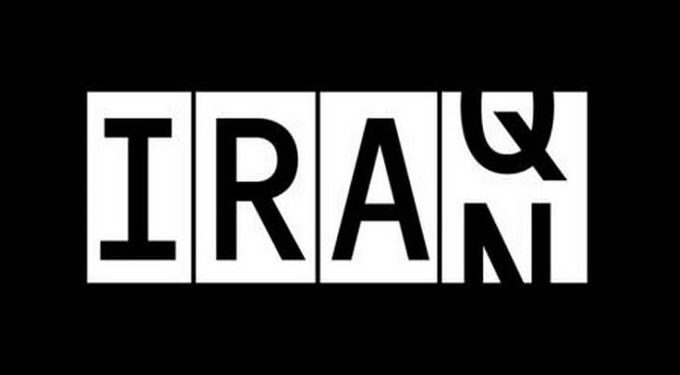
By Jason Ditz | Activist Post
The flurry of amendments to the 2020 National Defense Authorization Act (NDAA) moving through the House of Representatives is finally wrapping up Friday, where a series of Thursday night debates gave way to key votes early Friday on some contentious issues.
Major subjects of those debates included amendments that aim to end both the 2001 and 2002 Authorizations for Use of Military Force (AUMF). The 2001 repeal passed 237-183, while the 2002 repeal passed even easier at 242-180.
Debates on the AUMF centered on concern that the authorizations could be used by President Trump or future presidents to authorize wars they were never intended for. The aim is to replace the 2001 version with something more current on the global war on terror and to do away with the 2002 version entirely, since its main goal was to unseat the long-dead Saddam Hussein and conquer Iraq, now a US ally. Opponents of the repeals argued it would tie President Trump’s hands, and that other recent presidents have gotten to launch unauthorized wars without Congress getting in the way.
Which was also a big topic of the debate for another amendment, the preemptive defunding of any US attack on Iran that comes without explicit Congressional authorization. This passed 250-170.
Bill supporters argued that Iran is just too big of a war to get sucked into without Congress having any say in the matter, while opponents insisted that Congress is so slow in approving wars we’d never get an attack on Iran off the ground without a president doing it unilaterally.
This was a particularly important vote because President Trump has argued he doesn’t need Congressional authorization to attack Iran. While that’s legally incorrect, he may have been de facto right, since he’s been vetoing War Powers Act challenges to other unauthorized wars. Congress thus is using the power of the purse to ensure that there is no money allowed to be spent on such an illegal war.
These amendments join several others passed on Thursday, including amendments blocking arms sales to Saudi Arabia, and the defunding of the US war in Yemen, the subject of the aforementioned War Powers challenges.
Once passed in the House, the NDAA will have to be reconciled with the Senate version, which doesn’t include a number of these amendments. The House, however, is expected to stand firm on these matters. President Trump has threatened to veto the House version, which could mean that the NDAA remains up in the air, as Congress may try to override or see which side blinks first.
The NDAA ultimately passed 220-197.
Jason Ditz is news editor of Antiwar.com, where this article first appeared. View all posts by Jason Ditz
Image credit: The Anti-Media





![Everything You Ever Wanted to Know About 9/11 Conspiracy Theory in Under 5 Minutes [VIDEO] | by James Corbett](https://consciouslifenews.com/wp-content/uploads/2018/09/911-a-conspiracy-theory-350x250.jpg)










